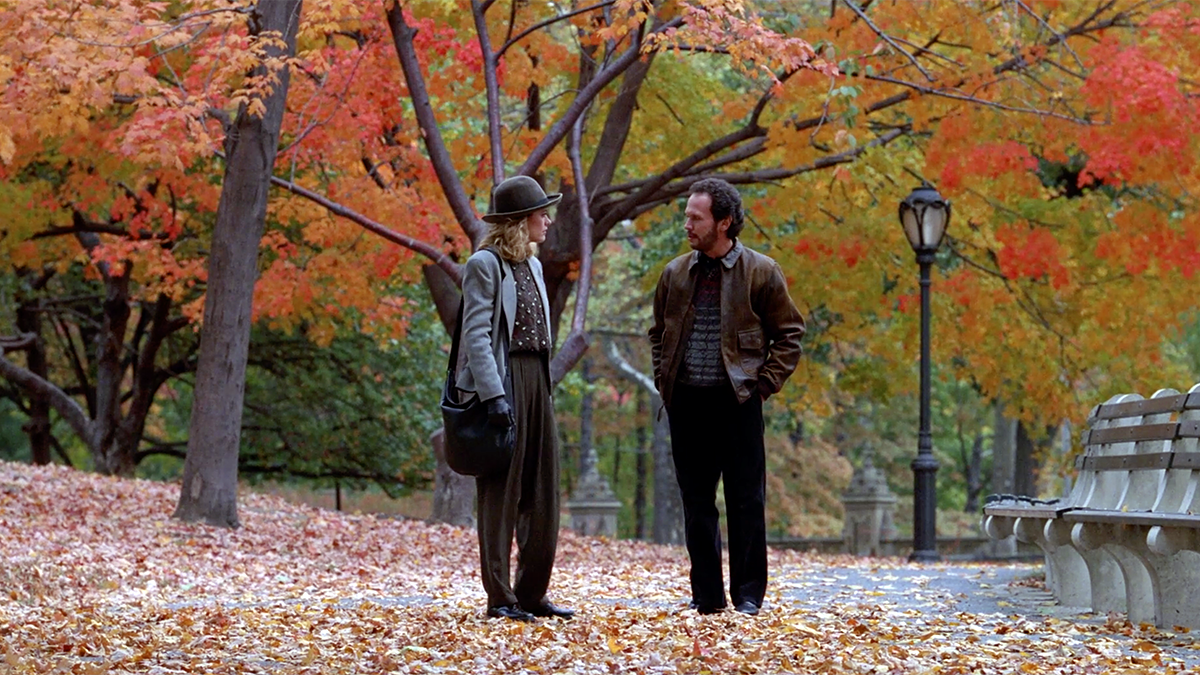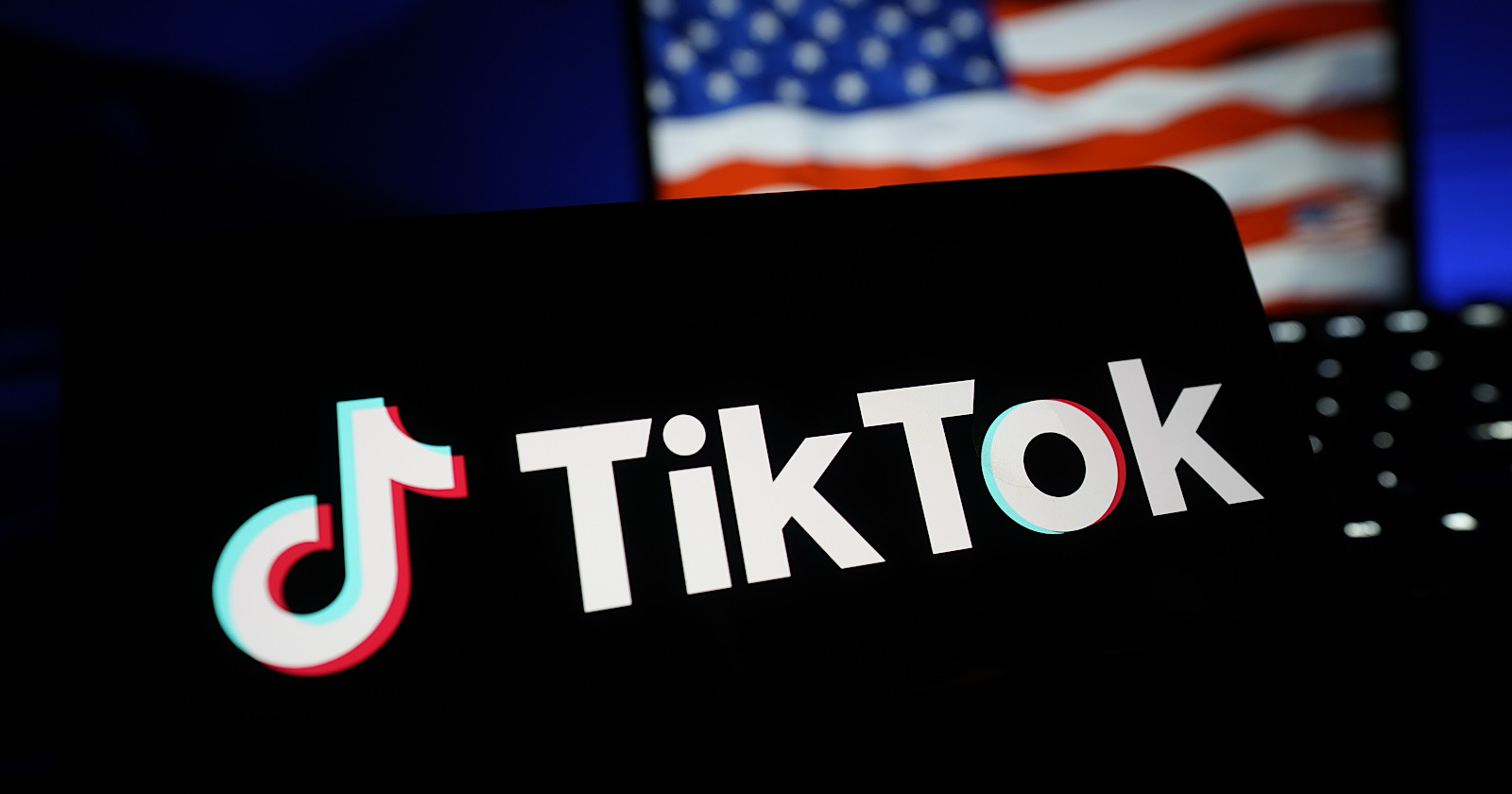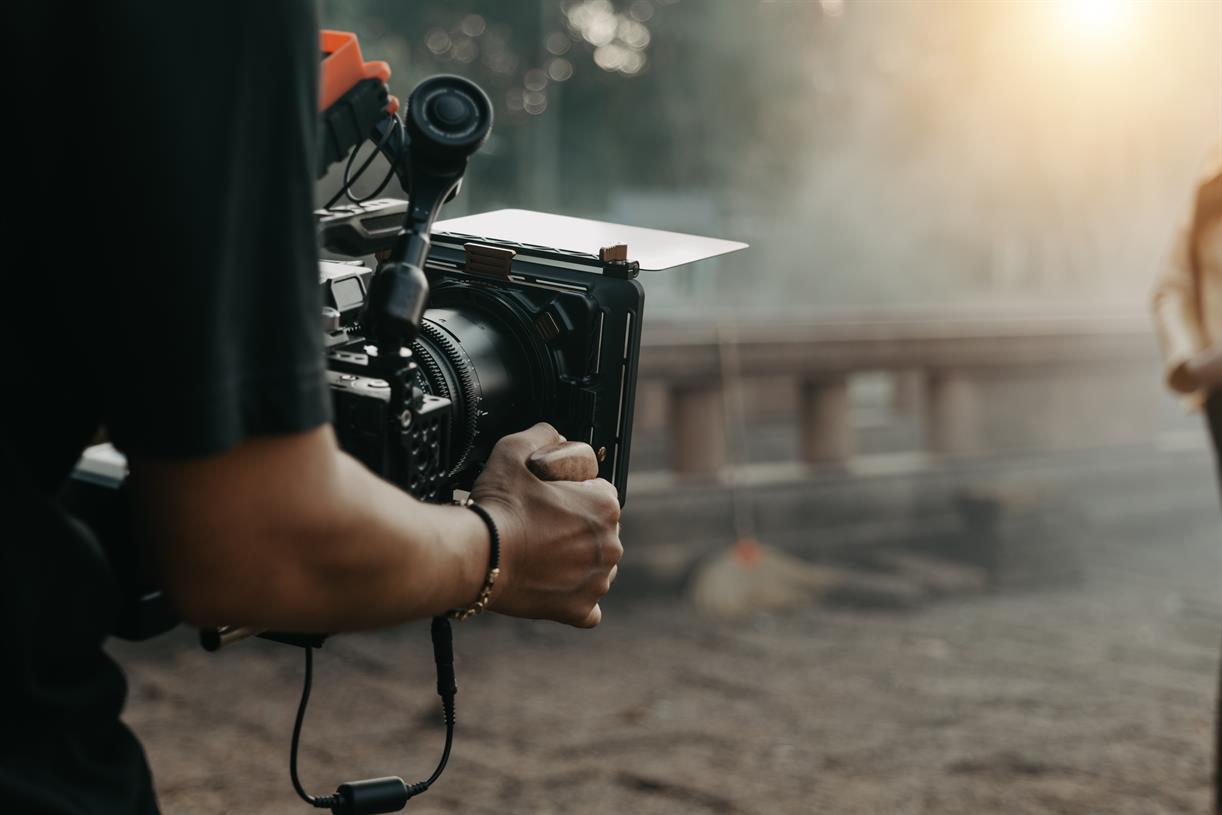What People Are Getting Wrong This Week: Did Justin Bieber Sing About a Diddy Party?
Is it Justin Bieber, or is it A.I.?

Is it Justin Bieber, or is it A.I.?

Credit: DFree/Shutterstock
Rumors have been kicking around on the internet for months that pop star Justin Bieber was working on a song about the infamous "freak off" parties held by arrested rapper/producer Sean "Diddy" Combs. This weekend, a track called "Lost Myself at a Diddy Party" appeared to have been leaked on TikTok. It features lyrics like, “Lost myself at a Diddy party, didn’t know that’s how it go, I was in it for a new Ferrari, but it cost me way more than my soul, wasn’t worth all the fortune and fame," sung by someone who sounds a little like Justin Bieber. That was enough for the song to go viral and earn millions of views from scandal-happy people looking for insight into what, exactly, was going behind the scenes of the parties that played a part in the felony charges against Diddy. But the song is fake.
At least, I'm 99.999% sure it's fake. I can't prove a negative, but there's no mention of the track on any of Bieber's official sites. There's no article on Billboard, Rolling Stone, or any other outlet that does a modicum of fact-checking. It's not on any streaming service—it only appears on non-Bieber-related accounts TikTok, Instagram, and YouTube. So everything surrounding the song screams "fake" about as loudly as it's possible to scream.
Fake-sounding music
And it sounds fake. While the AI-generated vocals have a hint of a Bieber-esque vibe, it's clearly not Justin Bieber singing. The lyrics have that hard-to-define AI-midness to them—they're fine, but not interesting or surprising in any way. The instruments have the depth-free, muddy sound of AI-generated music. The vocal lack emotion. Overall, it's so thoroughly devoid of creativity, it could only have come from AI.
How to fake a pop song
I was curious about how much effort it takes to make a fake pop song, so I created my own track about Diddy's house parties. It took about 30 minutes to go from "I've never made a pop song with AI" to a finished recording of future chart-topping hit "Diddy Parties are Pretty Cool, Actually" by F. Amos Singer, feat. Rhymin' and Crimefunkel."

"It's all good vibes and lemonade." Credit: Stephen Johnson
Here's how you can do it like I did:
Come up with a title for your song and write a couple of lines to give the AI something to go on.
Go to ChatGPT, input your lines, and ask it to generate the rest of the lyrics to your song.
Create an account on Suno. (You'll have enough free credits for a couple songs.)
Enter your lyrics, song title, and describe the genre of the song you want. I went with "dance pop with female vocalist"
Wait about 12 seconds, and you'll have a fully realized song.
Profit?
How to tell if a song, or anything, is fake
While the AI-generated Bieber track is easy to spot as a fake from listening to it—it has most of the hallmarks of AI music Lifehacker has warned about before—AI technology grows more sophisticated every day. It won't be long before the "tells" of computer-generated music are much more difficult to spot. So that leaves more investigative avenues like the following:
Go directly to the source: Neither Bieber nor any representative has issued any statement about the veracity of this song, but the fact that it's not being pushed on Bieber's official site is a dead giveaway that it's not legit. In the case of this song, the first instance of it appearing online doesn't even mention Bieber, although subsequent re-posts often specifically say it's from Bieber.
Check trusted sources: Something as culture-shaking as Justin Bieber releasing a song about Diddy would be reported on by reputable sources. If it isn't, it's probably fake.
Be aware of your biases: Everyone thinks they have a fully functional bullshit detector, and when a piece of information is contrary to what we already believe, it's easy to call it a fake. But when we learn something that confirms our biases instead, it can be very difficult to recognize that "something I'd think would be true" or "something I want to be true" is not the same as "something that is true." It can help to be aware of the most common cognitive biases and to "check yourself" occasionally and try to determine if you're falling victim to them.
For a more in-depth discussion of how to spot AI-fakes, check out our Lifehacker's "Exposing AI" series.

 BigThink
BigThink 
































